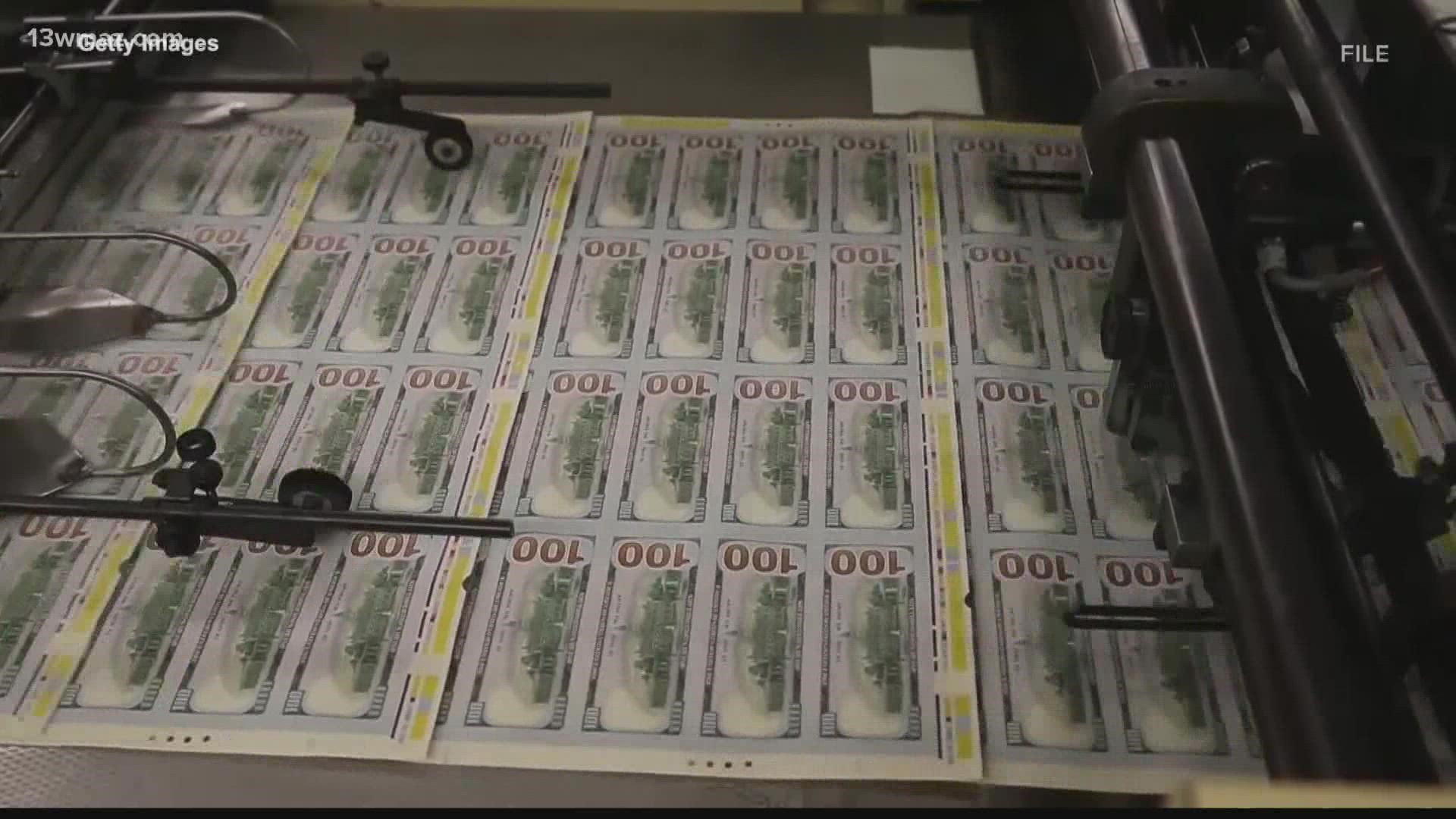MACON, Ga. — Georgia lawmakers pushed through dozens of bills in a rapid-fire conclusion to their 2022 session in early April. One of them is House Bill 1437, which would make a flat state income tax of 4.99% by 2029 or later. It would cut taxes by more than $1 billion.
13WMAZ spoke with tax experts to see what this bill could mean for taxpayers and why some Democrats are wary.
According to Ron Busby, tax director at Clifton Lipford Hardison & Parker, this new bill may be sprinkling some more money into your pockets as it takes Georgia's current tax rate from 5.75% gradually down to 4.99%. Busby breaks down how that'll work.
“The first decrease will be in 2024, when it'll go down to 5.49%, and then from there it will go down 0.1% each year until it gets down to 4.99% in 2029,” he says.
Busby says that'll reduce taxes pretty significantly; almost a full point.
"When you combine that with the increase in the standard deduction, then that will really increase because you're gonna have a smaller amount that you're figuring tax on at a lower rate,” he said.
Albany State Representative CaMia Hopkins (D) is concerned about the bill.
"The bill eliminates the current structure, which those tax rates increase from 1-5.75% as the income levels go up,” she said.
That means you will pay the new tax rate of 4.99% no matter what you earn. The change would raise the rates paid by some low-income taxpayers, but legislators tried to offset that by raising exemptions for many people.
"All these taxpayers will qualify for Georgia's personal exemption, but it still puts the brunt of those increases on the lower income, the middle class and the fixed-income families," she said.
Hopkins says she was among Democrats who changed their "no" votes to a "yes" once Republicans agreed to delay changes for a year to see if the revenue keeps up with the governor's estimates.
She says it's not perfect, but it does allow for some money to trickle down to lower-earning Georgians.
Tax director Ron Busby says not to expect changes to your paychecks or estimated amount of tax. He says it'll be a gradual change.
Gov. Brian Kemp signed the bill in Bonaire Tuesday afternoon.

